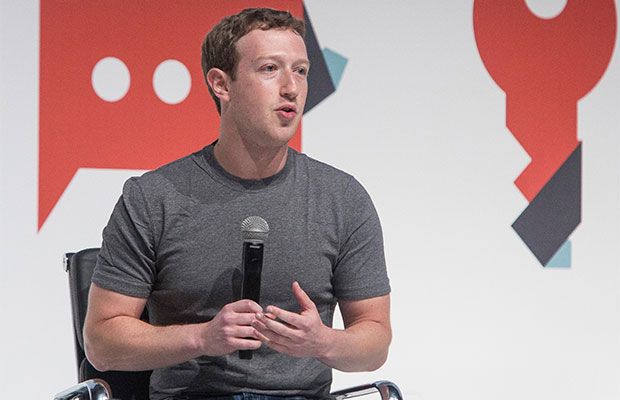Facebook unveils Messenger chatbots for businesses
Facebook has launched a new chatbot service for its Messenger platform, allowing businesses to automate communications with customers

Facebook's chatbot will automate business-consumer relations, allowing companies to be far more efficient in their communications
On April 12, Mark Zuckerberg opened F8, Facebook’s annual developer conference, by announcing that ‘chatbots’ are now available on the platform’s Messenger service. The automated programme aims to improve customer service and boost transactions significantly through the provision of direct and instant communication between consumers and companies.
The software, which is powered by artificial intelligence, allows companies to send both live and automated text, images, links and action buttons, thereby reducing the need for phone calls, which can be both costly and time consuming for customers. The tool will also allow companies to reduce their own costs, while providing a superior level of engagement with consumers. Naturally, if Messenger chatbots take off as expected, traditional call centres will come under threat.
While other sites already use chatbot technology, such as Kik and Telegram, Facebook has a unique market advantage given its 1.6 billion users, approximately 900 million of which use Messenger each month, together with around 50 million businesses.
The possibilities for this tool are endless; restaurants can take reservations, airlines can take bookings, retailers can receive purchases, taxis can be ordered, and updates on deliveries and services can all be provided instantly
During Zuckerberg’s announcement, he revealed the names of several companies that are already on-board with Messenger’s chatbot, including media giant CNN and e-commerce start-up Shopify. CNN’s chatbot, for example, will determine a user’s preferences and provide relevant article recommendations and summaries suited to the individual.
The possibilities for this tool are endless; restaurants can take reservations, airlines can take bookings, retailers can receive purchases, taxis can be ordered, and updates on deliveries and services can all be provided instantly.
There is freedom in the software that companies use as well; they can either build their own chatbots, work with Facebook’s partners or use its Bot Engine, a technology from the Wit.ai team that was also revealed on April 12.
Some have already raised the argument that the elimination of human contact will have a negative impact on the corporation-consumer relationship, while eventual job losses could be significant. However, it cannot be denied that consumers stand to benefit from chatbots that will provide them with prompt services, instant answers and personalised information; essentially, chatbots are the next step in the rapidly evolving area of consumer technology.













